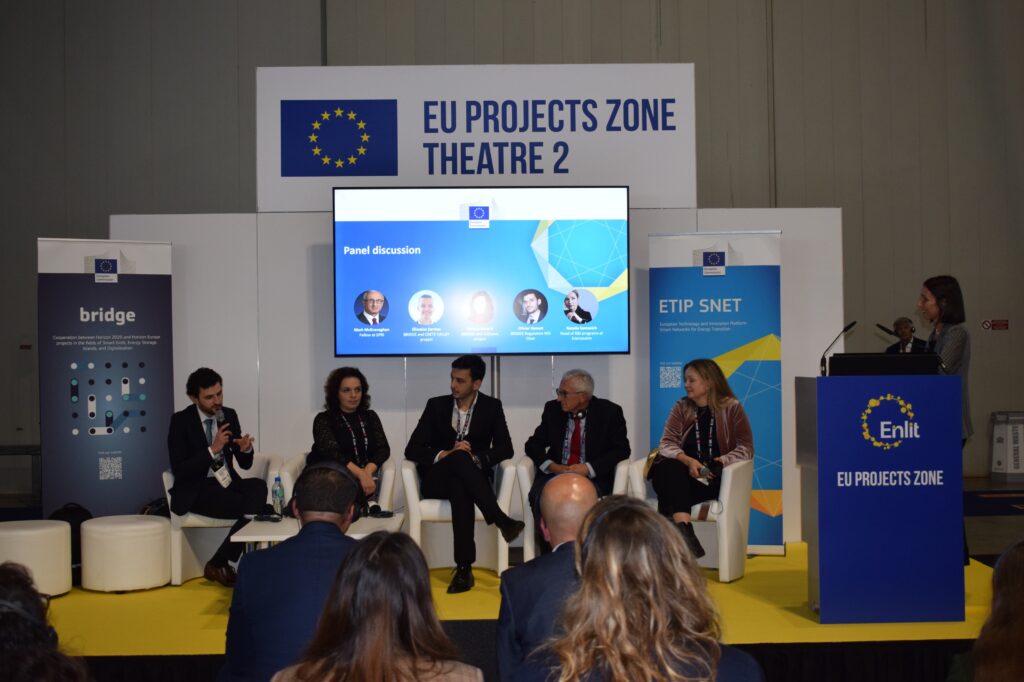Creating self-sufficient Energy Valleys across Europe

While CRETE VALLEY is working to establish a model of energy self-sufficiency for island regions in the island of Crete, the REFORMERS project is about establishing a self-sufficient, renewable energy valley in the Netherlands, specifically in the industrial areas surrounding Alkmaar region, which combines industrial peri-urban areas with urban residential developments.
Do you want to learn more about the two projects, and the challenges of establishing self sufficient Energy Valleys?
Crete Valley Project in Crete (GR)
The CRETE VALLEY project in Crete, Greece, aims to establish a model of energy self-sufficiency by leveraging modern technologies, innovative business models, and inclusive social science approaches. This initiative focuses on creating a multi-carrier decentralized grid system that supports sustainable energy production and storage. By fostering collaboration among municipalities, regulatory authorities, energy communities, businesses, and service providers, the project empowers local stakeholders to generate, distribute, and use power autonomously. This not only enhances energy independence but also brings economic benefits through job creation and new revenue sources.
The REFORMERS project in Alkmaar (NL)
In Alkmaar, Netherlands, the REFORMERS project is working towards creating a self-sufficient, renewable energy valley that integrates both industrial and urban areas. This project emphasizes the production of biomethane from biowaste and clean hydrogen for energy and mobility. By combining various technologies, the REFORMERS project aims to develop a sustainable energy model that can be replicated across Europe. Collaboration with six other replication valleys ensures mutual learning and scalability, enhancing the project’s impact.
Common challenges
Both projects face challenges and have promising future prospects. The CRETE VALLEY project must navigate political and regulatory hurdles, increase energy literacy, and build trust among stakeholders. Meanwhile, the REFORMERS project focuses on optimizing the integration of different systems and addressing safety regulations for new technologies. Despite these challenges, both projects contribute significantly to achieving European decarbonization targets and promoting energy autonomy through decentralized, renewable energy sources.
These innovative projects were showcased at ENLIT Europe 2024, highlighting their potential to shape the future of decentralized, sustainable energy solutions in Europe.